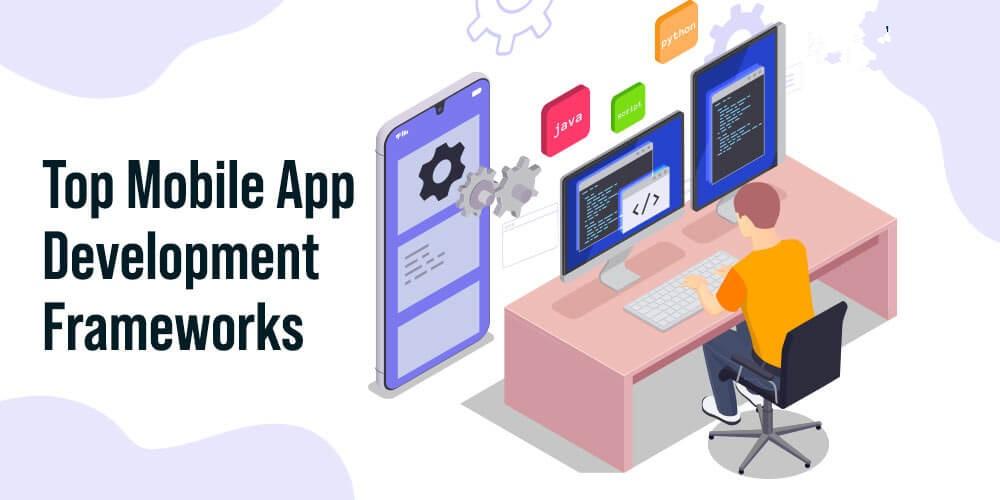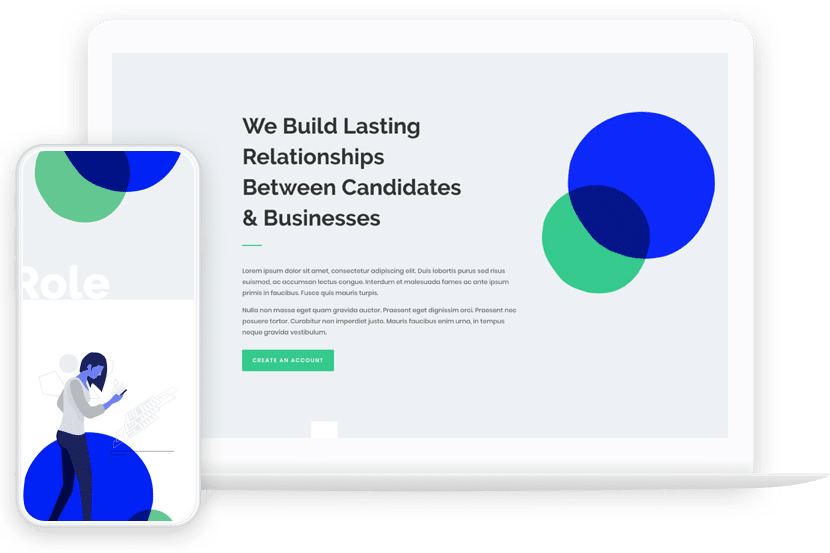In the fast-paced world of mobile app development, staying up-to-date with the latest frameworks is crucial for developers and businesses alike. As we venture into 2023, the mobile app landscape continues to evolve, making it imperative to choose the right development framework for building cutting-edge, feature-rich, and scalable applications. You must also partner with a reliable mobile app development company to develop a high-performing app for your business, as they will help you choose the best framework. Additionally, in this blog, we will explore the top 15 mobile app development frameworks that are set to revolutionize mobile apps in the coming years.
The Top 15 Popular Mobile App Development Frameworks
Flutter
Flutter, developed by Google, has gained immense popularity due to its ability to create cross-platform applications with a single codebase. With a powerful and expressive UI, a hot reload feature, and access to a vast range of widgets, Flutter offers a seamless development experience for both Android and iOS platforms.
React Native
Facebook’s React Native remains a favorite among developers due to its efficiency in building cross-platform apps. By using JavaScript and React, developers can craft native-like experiences for both iOS and Android devices, making it one of the most versatile frameworks for cross-platform app development company
Xamarin
Microsoft’s Xamarin has garnered a dedicated user base by providing a C# codebase that allows developers to create native Android, iOS, and Windows apps. Its integration with Visual Studio and extensive library of components simplifies development and speeds up the release process.
Ionic
Ionic, built on Angular and Apache Cordova, focuses on creating hybrid mobile apps using web technologies like HTML, CSS, and JavaScript. With its robust set of UI components and seamless integration with Angular, mobile app development services can efficiently create visually appealing applications for multiple platforms.
Swiftic
Formerly known as Como DIY, Swiftic stands out as one of the top mobile app development platforms for building native apps without prior coding knowledge. It provides numerous templates and features, allowing businesses to create personalized, feature-rich applications. Also, check out this mobile app development cost guide to understand the impacting factors and development cost breakdown.
NativeScript
NativeScript, an open-source framework, enables the mobile app development company to build native mobile apps using JavaScript or TypeScript. With access to native APIs, developers can deliver high-performance applications while reusing existing web development skills.
PhoneGap
A product of Adobe, PhoneGap is based on Apache Cordova and enables cross-platform application development using web technologies. Its seamless integration with other Adobe products and robust plugin ecosystem make it a compelling choice for developers.
Corona SDK
Corona SDK is a lightweight and powerful framework suitable for 2D game app development. With its Lua-based scripting language and real-time simulation, developers can quickly build interactive and visually impressive games for various platforms.
jQuery Mobile
jQuery Mobile is a touch-optimized framework that focuses on developing responsive mobile and web applications. Its lightweight nature and compatibility with a wide range of platforms make it an excellent choice for creating mobile-friendly web apps.
Sencha Ext JS
Sencha Ext JS is a JavaScript framework designed for developing data-intensive web applications. It has a rich set of components, making it ideal for creating feature-rich enterprise-level mobile app development.
Appcelerator Titanium
Appcelerator Titanium enables developers to create native mobile apps using JavaScript. Its support for various platforms simplifies the mobile app development process while delivering native-like performance.
Onsen UI
Onsen UI, built on top of Web Components, provides a collection of UI components designed for creating high-performance, responsive mobile apps. Its support for Angular, React, and Vue.js makes it a flexible choice for developers.
Framework7
Framework7 is a full-featured HTML framework for building iOS and Android apps with a native look and feel. Its simplicity and integration with Vue.js and React make it a popular choice for app developers.
Adobe PhoneGap Build
Adobe PhoneGap Build is a cloud-based service that simplifies the app-building process for developers. By allowing them to upload their web app projects, the service automatically compiles and packages them into various app store-ready formats.
Alpha Anywhere
Alpha Anywhere is a low-code mobile and web app development platform that empowers developers to build robust applications with minimal coding. Its enterprise-level capabilities, including offline support and data integration, make it a potent business tool.
Also Read: Why Choose Flutter for App Development Projects?
Conclusion
As the mobile app development landscape continues to evolve, choosing the right framework becomes paramount for success. Whether you prioritize cross-platform development, native-like experiences, or low-code solutions, the top 15 frameworks mentioned in this blog provide a diverse range of options to cater to various app development needs. By staying informed, hiring a reliable mobile app development company, and leveraging these powerful frameworks, one can create innovative and cutting-edge mobile applications that meet the demands of the ever-evolving app market.






